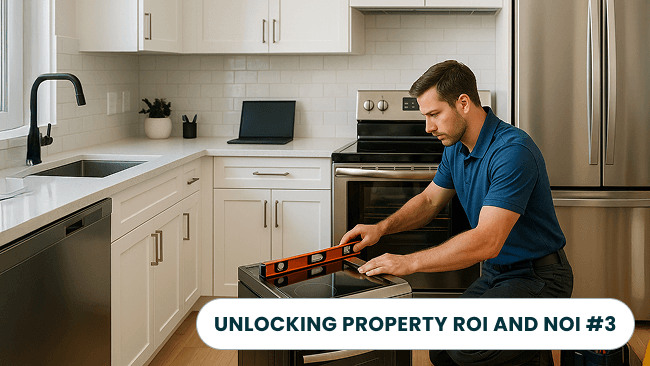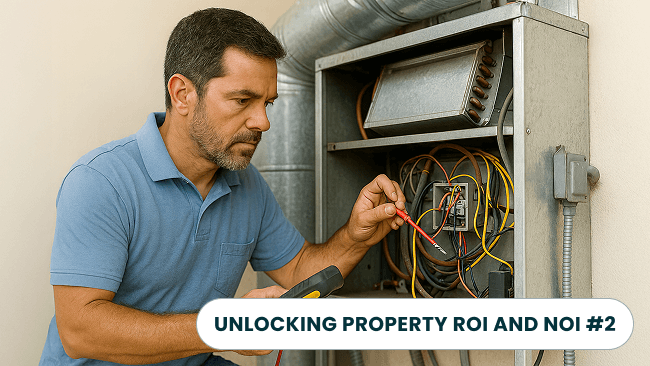Maintenance Budgeting 101
Hello, thank you for joining me today. Today we'll be speaking about how to build an effective maintenance budget. As a maintenance supervisor, you're not just fixing things, you're helping run a business. One of the most important responsibility is building and managing your maintenance budget. This isn't just paperwork is planning for the entire year of operations.
Your budget is your financial blueprint and your chance to lead from the front. So the first thing we're gonna do is to start with data. Good budgets are built on good information. Here's what to look for or at, even before you look at a spreadsheet review Last year, spend, where did the money go?
Did it go to repairs? Did it go to terms, did we spend it on vendors? And then we're gonna look at the seasonal patterns that we spend more in the summer, during HVAC months or in the winter at plumbing. Are there turn heavy months? Are we have a higher abuse in the pool months? And then we're gonna look at the year equipment life cycles.
Are there any big ticket replacements that we're expecting or anticipating for this year? Use past bend to predict future needs. Don't guess we're gonna plan. Okay, next step is your core budget categories. What would they include? Your budget needs to reflect every part of your operation. Here are the main part categories to include.
Repairs and maintenance everyday supplies, small tools and work orders, right? Next thing would be unit turns. The painting, the flooring, appliances, locks cleaning, carpet cleaning. All those factors that go into a turn would've to be budget floor. And then we're gonna look at your seasonal and preventive maintenance.
HVAC servicing roof checks, gutter cleaning. We're gonna plan for it so nobody is surprised when it's time for it. Capital and big ticket I items large repairs, replacements like boilers, roofs, or elevator systems, these often go in a separate CapEx budget, but should be flagged in your planning. The next thing we're gonna look at is inventory, restocking and vendor contracts.
Recurring vendor contracts such as landscaping and pest control and regular supply replenishment. As a tip, break it down by month or quarter to help manage cash flow and see the patterns of your usage. Next thing we're gonna do is we're gonna build in contingency. Things will break, emergencies will happen.
Build in a five to 10% contingency for the unexpected. If you don't plan for surprises, your budget will get wrecked by them. And finally, in closing, when you build and manage a solid budget, you're showing up for your team, your property manager and your ownership, that you understand the business side of work.
You're not just maintaining units, you're managing money, time and resources. Budgeting is leadership, and great leaders just don't react. They prepare. Thank you everyone for joining me today on how to build a maintenance budget.




